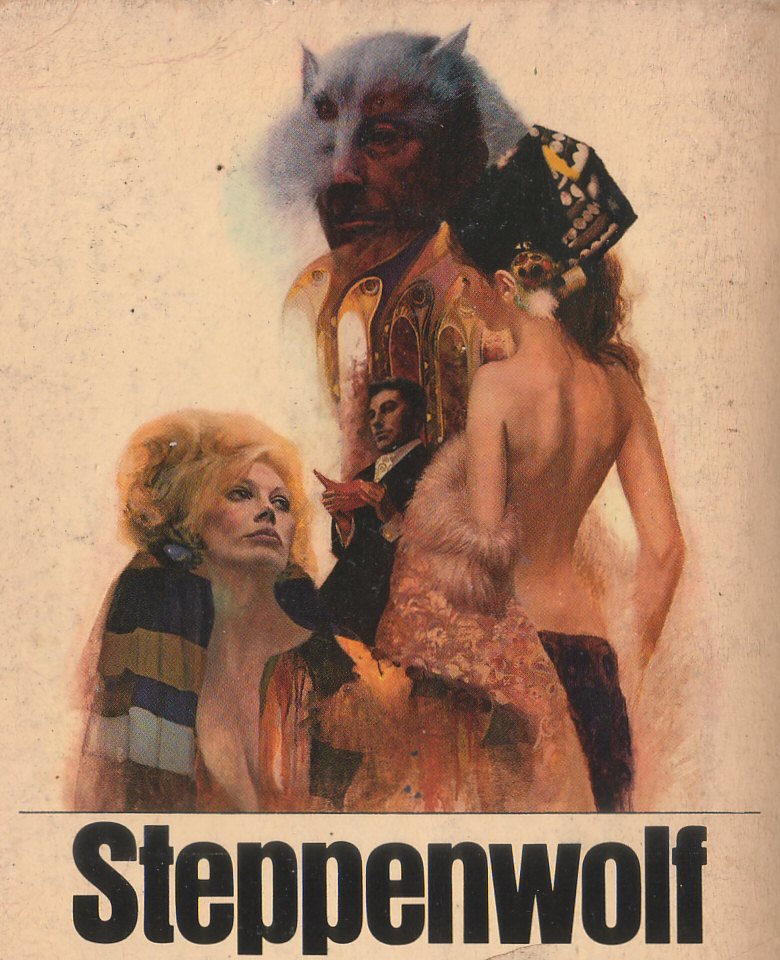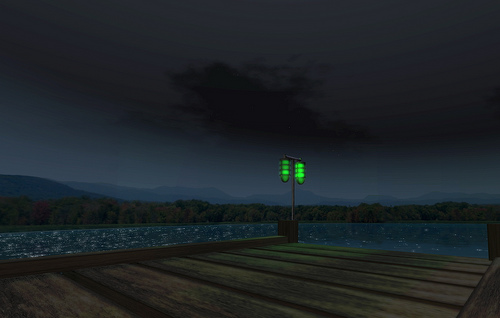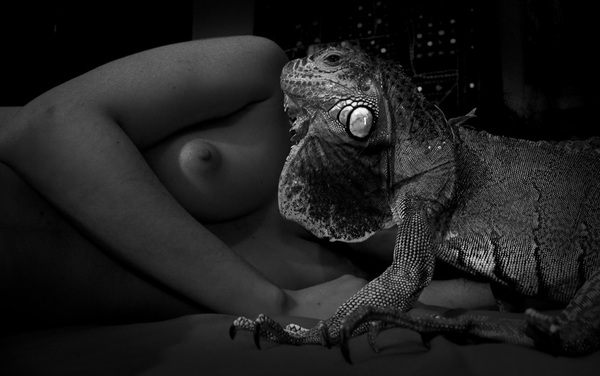“You are willing to die, you coward, but not to live.”
― Hermann Hesse, Steppenwolf
The frailty is apparent.
A friend tells you, jokingly, about their alcoholism. And there will be new children soon, a monster crop before winter. It’s a rush of information. Your mind is film, burning in a chemical bath. Images develop. You assisted your grandfather, a doctor of education, helping him pull up his adult diapers. He suffered dementia brought on by a stroke. You remember his helplessness. There was a recognition of supplication in his stare. He understood his fate rested in the hands of a man who was a future echo of his own gray matter.
Silver hair curls on your temples. Maybe you’re Dr. Fantastic? It could be worse. We suffered darker days. Most college students who celebrated Osama Bin Ladin’s death in 2010 don’t remember with clarity the days after 9/11; National Guardsmen stood sentinel in the airports, machines guns pointed at tired businessmen just trying to hit a connection from New Orleans to Washington D.C. The air hummed war. Protests burst open then disappeared into the ethereal.
The faces of young men I knew aged rapidly. In small towns in Arkansas and Upstate New York and Downstate Illinois, they had signed up for one weekend a month and two weeks a year, and instead were now spearheading invasions into Kabul and Baghdad. Some ran. Some drank harder in the days after, and partied with darker ambitions, slouching through the long back-alleys.
Our infrastructure is fragile. We find ourselves tied to the chair, undergoing interrogation, and we the water pours over our heads. Old jokes ring hollow; old stories have a way of adding to the depression. There’s a push for nostalgia. Stolen cigarettes. Foam on a fresh cappuccino. The glossy ink of comic books. Plastic crash flipping through racks of used CDs. Long nights, dripped in rum and dance music, sweating in an orgasmic mass and searching desperately for release. Sumaria, buried in the Fertile Crescent between the Tigris and Euphrates, knew enough to turn that energy into religion. We, modern people that we are, built economies around it.
It’s appropriate that we’re looking collectively at the Great Gatsby again. During the romantic climax, which takes place on a sticky day in a stuffy apartment in New York, Gatsby declares his intentions for Daisy to her husband, Tom Buchanan. In the fallout, the narrator Nick Caraway remembers it was his birthday. He had turned 30 years old. By book’s end, Nick becomes infatuated with Gatsby, admiring his neighbor’s naive embrace of the goodness of the past. “We can’t go back,” Caraway tells Gatsby, who famously replied “Of course we can!” F. Scott Fitzgerald knew that was bullshit, so Gatsby had to die. They found him shot in the head, floating face down in his own swimming pool.
We all have our spooks and blue devils. Another great American, Tennessee Williams, wrote convincingly about them in Night Of the Iguana. On a sultry summer evening, in a fit of madness while tied to a hammock outside a Mexican hotel overlooking the Pacific Ocean, the Rev. Dr. T Lawrence Shannon is able to find solace in advice offered by Hannah Jelkes, a poor traveling artist. “Endurance,” she says, “is something that spooks and blue devils respect.”
So we endure, constantly wrestling with the demons, and with the weight of the past, and with our own inner identity. Our creators enjoy toil. And, most remarkably, for all the physicality involved, this ancient fight emanates no noise. The struggle is, now and through eternity, silent.




